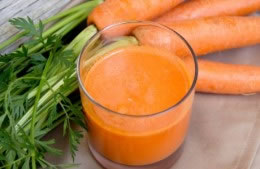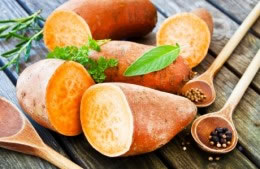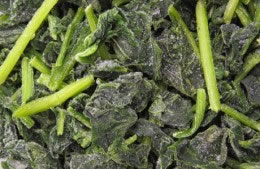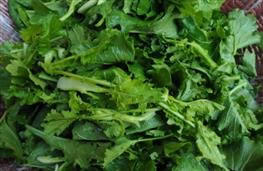Carotenoids
Health benefits of Carotenoids:
Carotenoids are phytochemicals some of which can be converted to vitamin A by us and others may contribute to a reduction in the risk of eye disease and some cancers
The Worlds Science
What are Carotenoids?
Carotenoids are the yellow, orange and red pigments that plants create they are:
Alpha-carotene,
Beta-carotene,
Beta-cryptoxanthin,
Lycopene,
Lutein and zeaxanthin.
Carotenoids are best absorbed with fat in a meal along with chopping and cooking of veg due to the way they are embedded in plants.
Carotenoids and vitamin A
Alpha-carotene, beta-carotene, beta-cryptoxanthin can be converted by the body to vitamin A.
If your body is short on vitamin A your liver will convert alpha-carotene, beta-carotene and beta-cryptoxanthin to vitamin A1, however the efficiency of this conversion is highly variable depending on factors such as preparation and digestive capacity2.
Lycopene and lutein and zeaxanthin
Carotenoids absorb light; in particular lutein and zeaxanthin efficiently absorb blue light which may protect our eyes from damage particularly macular degeneration. Whilst still being far from clear cut some research has shown that these two contribute to a lower incidence of macular degeneration (failing eyesight).
Lutein and zeaxanthin have been observed to prevent or slow the development of cataracts in people with a diet rich in these carotenoids3.
Studies have shown that people with a higher intake of carotenoids, in particular lycopene, beta-cryptoxanthin, lutein, and zeaxanthin, have a reduced risk of lung cancer.
Studies have shown that higher intakes of Lycopene, (mostly found in tomatoes and tomato products), is associated with a reduced risk of prostate cancer4.
Government recommendations
Recommendations by the UK Government the National Cancer Institute, American Cancer Society and American Heart Association to consume a variety of fruits and vegetables daily are aimed, in part, at increasing intakes of carotenoids.
CheckYourFood Tip:
Chopping, blending and cooking breaks down the properties of plants, increasing our absorption of carotenoids. The potency of lycopene from tomatoes is also substantially improved by heating tomatoes in oil.
Carotenoids are the yellow, orange and red pigments that plants create they are:
Alpha-carotene,
Beta-carotene,
Beta-cryptoxanthin,
Lycopene,
Lutein and zeaxanthin.
Carotenoids are best absorbed with fat in a meal along with chopping and cooking of veg due to the way they are embedded in plants.
Carotenoids and vitamin A
Alpha-carotene, beta-carotene, beta-cryptoxanthin can be converted by the body to vitamin A.
If your body is short on vitamin A your liver will convert alpha-carotene, beta-carotene and beta-cryptoxanthin to vitamin A1, however the efficiency of this conversion is highly variable depending on factors such as preparation and digestive capacity2.
Lycopene and lutein and zeaxanthin
Carotenoids absorb light; in particular lutein and zeaxanthin efficiently absorb blue light which may protect our eyes from damage particularly macular degeneration. Whilst still being far from clear cut some research has shown that these two contribute to a lower incidence of macular degeneration (failing eyesight).
Lutein and zeaxanthin have been observed to prevent or slow the development of cataracts in people with a diet rich in these carotenoids3.
Studies have shown that people with a higher intake of carotenoids, in particular lycopene, beta-cryptoxanthin, lutein, and zeaxanthin, have a reduced risk of lung cancer.
Studies have shown that higher intakes of Lycopene, (mostly found in tomatoes and tomato products), is associated with a reduced risk of prostate cancer4.
Government recommendations
Recommendations by the UK Government the National Cancer Institute, American Cancer Society and American Heart Association to consume a variety of fruits and vegetables daily are aimed, in part, at increasing intakes of carotenoids.
CheckYourFood Tip:
Chopping, blending and cooking breaks down the properties of plants, increasing our absorption of carotenoids. The potency of lycopene from tomatoes is also substantially improved by heating tomatoes in oil.
Review date: 1/12/2024
Next review date: 1/10/2025
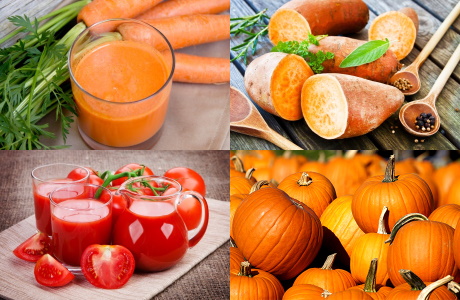
291
445
https://www.checkyourfood.com/content/blob/Micronutrients/carotenoids.jpg
Top 6 ingredients for Carotenoids taking into account portion size and cooking retention factors
Filter ingredients by:

 About nutrients
About nutrients
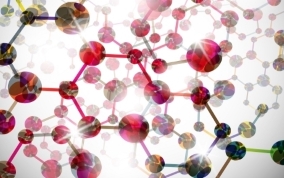 All nutrients
All nutrients
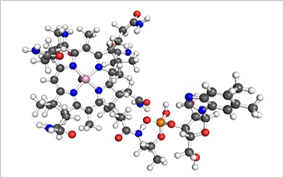 vitamins
vitamins
 minerals
minerals
 phytochemicals
phytochemicals
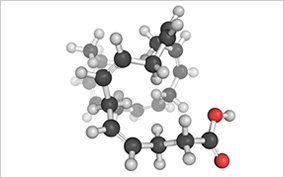 fatty acids
fatty acids
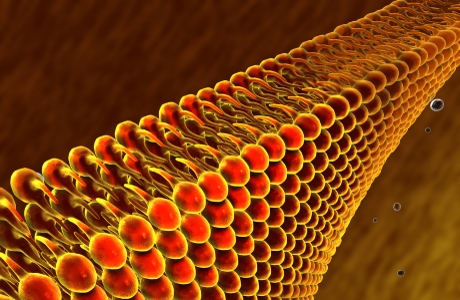 macronutrients
macronutrients
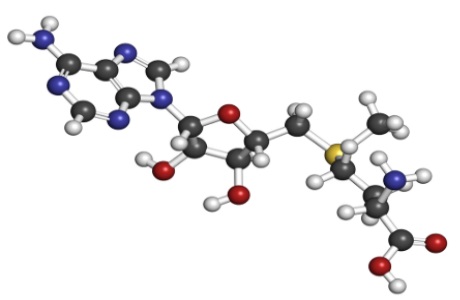 amino acids
amino acids
